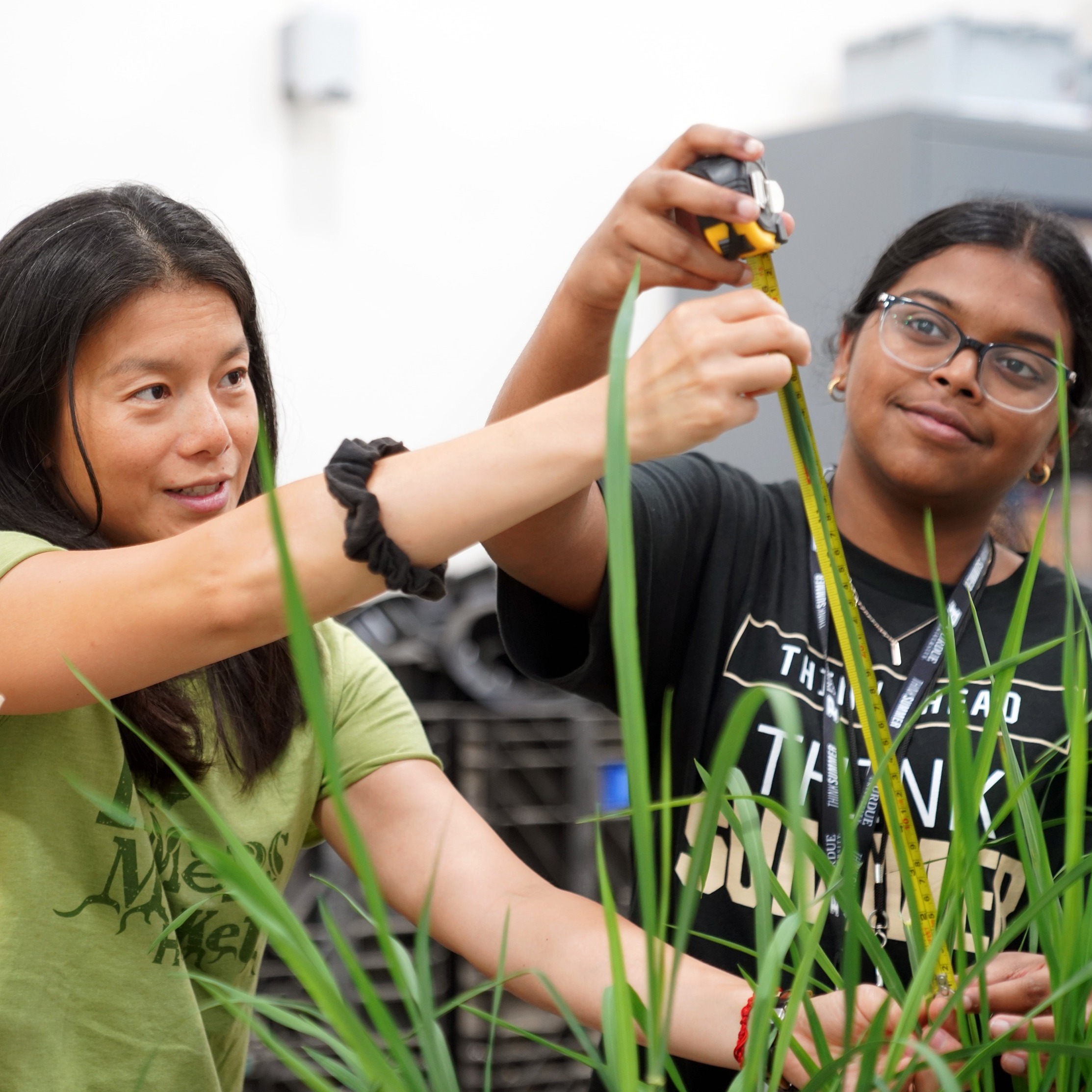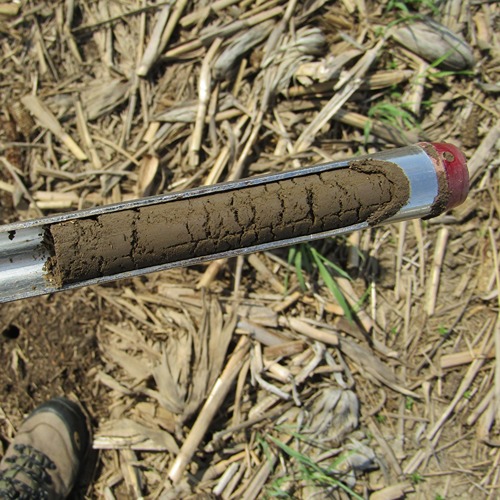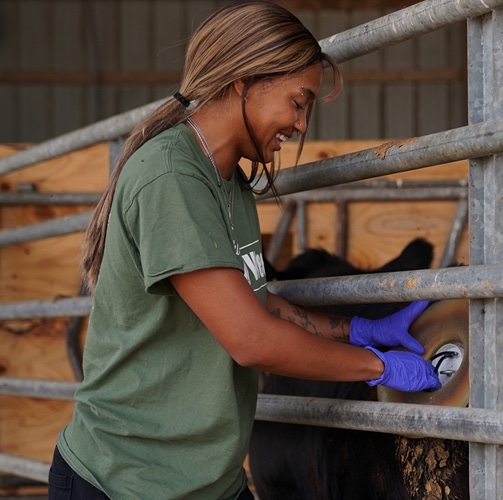Low-moisture products, such as flour, dried fruit and nuts, are often perceived as safe from food pathogens in consumer’s eyes despite recent bacteria outbreaks. Like other raw food commodities, these low-moisture food products are at risk for foodborne bacteria if there isn’t a “kill step” or heating process to eradicate bacteria during harvest or processing.
“Historically consumers don’t think about low moisture or dry foods having food safety issues. We want to raise awareness among the public about how they can properly handle these food products and reduce the risk,” said Yaohua Feng, assistant professor of food science at Purdue University.
 Feng joins researchers from Michigan State University, Ohio State University, Washington State University, University of California-Davis, the University of Arkansas, the Illinois Institute of Technology, and the U.S. Food and Drug Administration (FDA) to research food safety best practices in low-moisture foods. Led by Bradley Marks, professor and chair in the Michigan State University (MSU) Department of Biosystems and Agricultural Engineering (BAE), the group was recently awarded a five-year, $9.8 million grant from the U.S. Department of Agriculture National Institute of Food and Agriculture (USDA NIFA). Together they will work to reduce the risk of Salmonella, E. coli and Listeria from harvest to consumer in low-moisture foods.
Feng joins researchers from Michigan State University, Ohio State University, Washington State University, University of California-Davis, the University of Arkansas, the Illinois Institute of Technology, and the U.S. Food and Drug Administration (FDA) to research food safety best practices in low-moisture foods. Led by Bradley Marks, professor and chair in the Michigan State University (MSU) Department of Biosystems and Agricultural Engineering (BAE), the group was recently awarded a five-year, $9.8 million grant from the U.S. Department of Agriculture National Institute of Food and Agriculture (USDA NIFA). Together they will work to reduce the risk of Salmonella, E. coli and Listeria from harvest to consumer in low-moisture foods.
Feng is leading the human factor component of the project. She will collect data from consumers and low-moisture food industry professionals in surveys and observations of current food safety knowledge and practices. Data from the studies will help her create educational materials for industry professionals and consumers. She hopes to drive behavior change in the industry to improve food safety handling and comply with food safety regulations.
“It’s important for the human factor team to work with business decision-makers to convey the food safety risk and educate how to adopt new technology and comply with food safety best practices,” added Feng. “We want to help the food industry understand the risks and learn how to manage them.”
Feng hopes that the educational materials will also increase awareness in consumers about the risks and teach the public on what they can control to protect themselves from food pathogens.
“The research is relatively new for consumers. We don’t want to scare people away from delicious food, but we do want to educate consumers so they can prepare food with food safety in mind and enjoy it safely.”
Read more about the grant research here.





